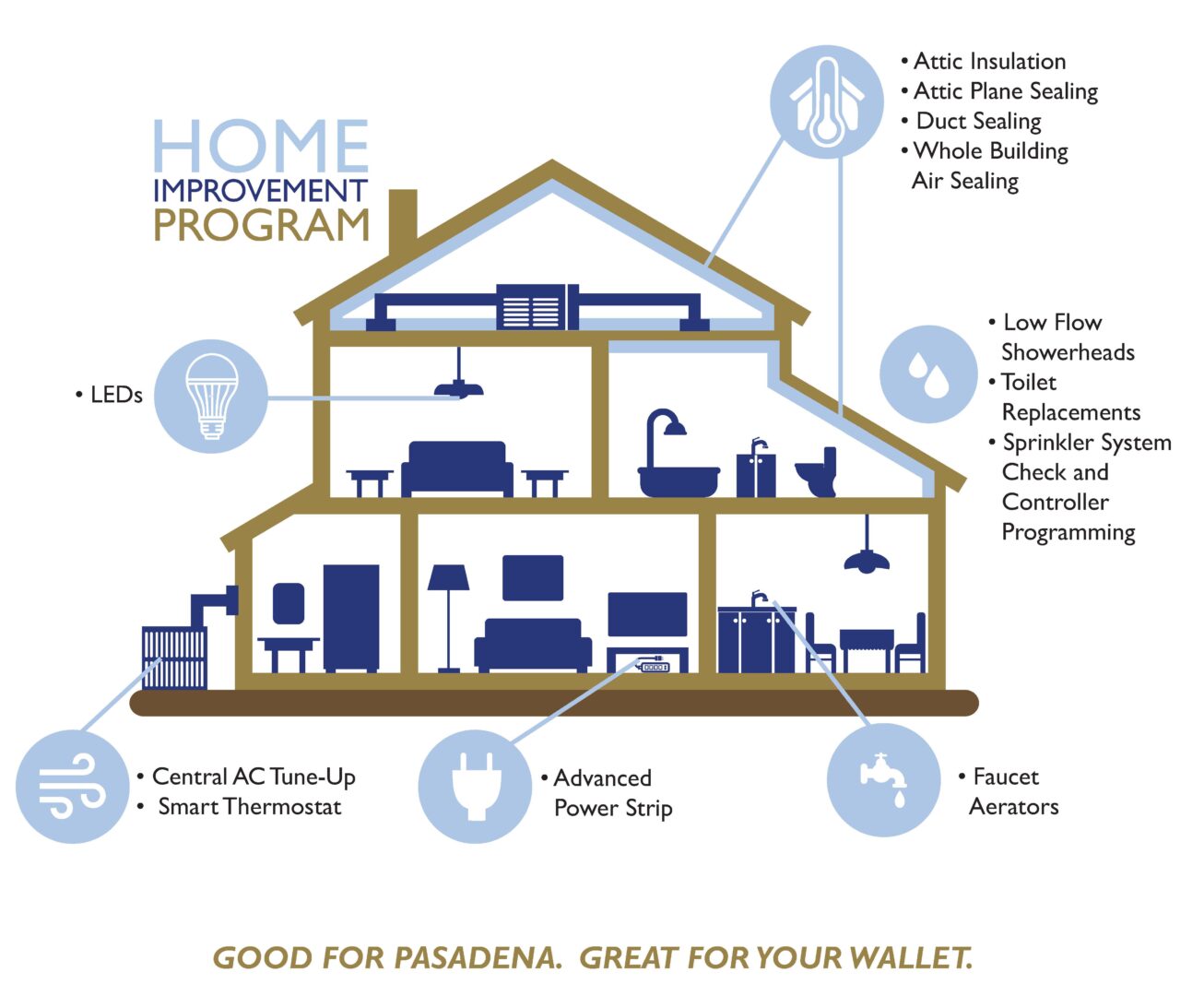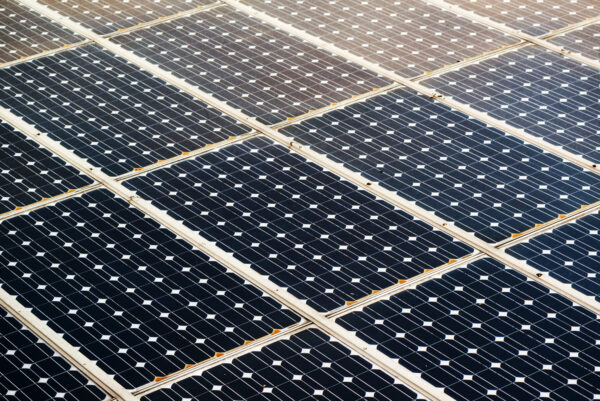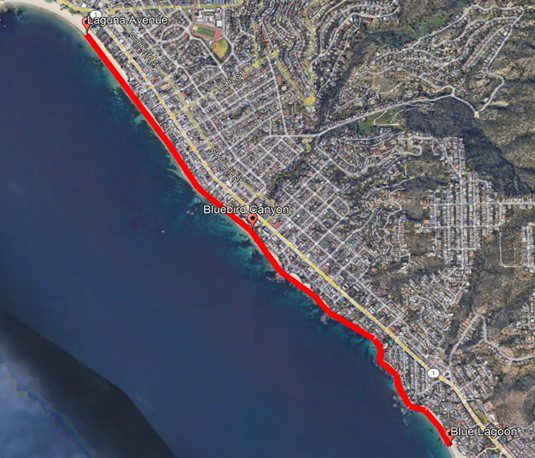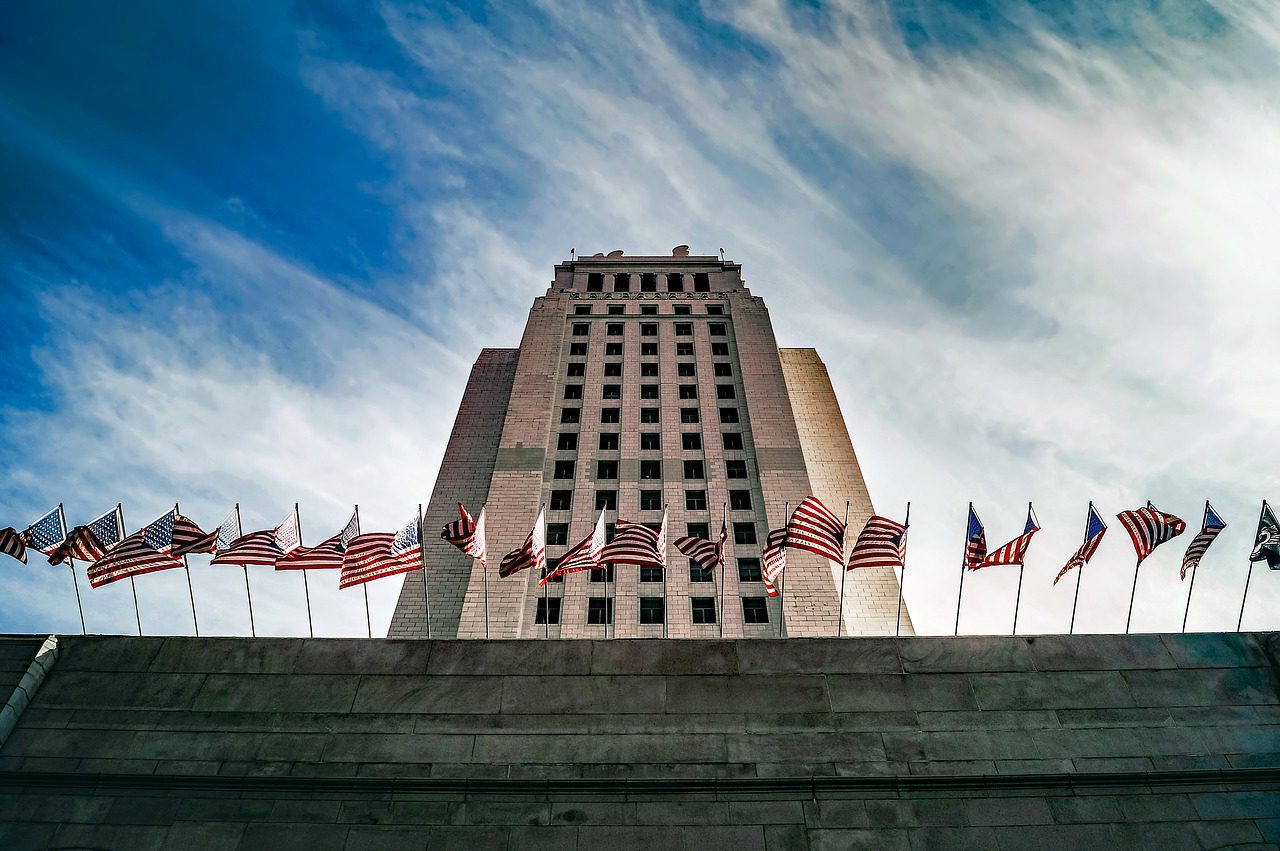With nearly a year gone by since the Pasadena City Council declared a goal of completely carbon-free energy by the end of 2030, officials provided a review of the local power utility’s current efforts to promote sustainability and combat climate change.
More solar power
In August, Pasadena Water and Power announced an expanded energy portfolio that includes additional sun-generated electricity.
According to PWP, the agency is among three community-owned utilities that have signed a 20-year contract with the Southern California Public Power Authority for buying solar energy. The agreement calls for 117 megawatts of solar power generated by EDF Renewable North America’s planned Sapphire Solar Project, which will be located in Riverside County when it comes online in 2025.
PWP’s 65,000 electricity customers will get one-third of Sapphire megawatts starting Dec. 31, 2026, according to PWP. Augmenting the solar energy production, SCPPA has the option to procure a 59-MW battery energy storage system on the project site.
“PWP takes pride in providing safe, reliable, environmentally responsible water and power service at competitive rates,” the utility’s General Manager Sidney Jackson said in a statement. “This solar agreement is another important step in continuing to expand PWP’s clean power portfolio and is one of many long-term arrangements currently in development to help achieve our sustainability goals.”
Geothermal
In July, PWP announced another addition to its growing alternative energy portfolio — 25 megawatts of geothermal power.
The City Council approved a 15-year contract with the SCPPA for the purchase of geothermal energy from Geysers Power Co., a subsidiary of Calpine Corp., beginning Jan. 1, 2027.
“Located in Lake County, California, The Geysers Geothermal Project … is North America’s largest producer of clean, reliable renewable geothermal power,” according to a PWP statement.
The utility is currently updating its Power Integrated Resource Plan, which is the city’s long-term guide for supplying reliable and environmentally responsible electricity at competitive rates, Pasadena officials said.
PWP’s acquisition of this geothermal energy helps to advance its goals for reducing carbon emissions identified in the 2021 Power IRP, officials said. Combined with the 2020 Coso Geothermal Project contract, which is also slated to start delivering electricity in 2027, geothermal power is expected to make up about 25% of PWP’s “retail energy sales” by the end of 2027.
Electric vehicles
Boasting more than 100 publicly accessible charging stations for electric vehicles, Public Information Coordinator Justin Pensacola called Pasadena “a leader in transportation electrification.”
Pensacola singled out the city’s Marengo Charging Plaza, located at 155 E. Green St. — the fixture “is one of the largest public fast-charging EV stations in the nation,” with its 44 chargers.
“PWP also made progress on several public EV charging projects at Victory Park, Robinson Park and Shopper’s Lane,” Pensacola said via email.
PWP customers also can take advantage of several EV rebate offers, including up to $1,500 on an EV purchase or a $600 rebate on the installation of wi-fi enabled chargers for residential customers, Pensacola said. Commercial electricity customers can receive up to $75,000 for installing EV chargers.
Home and business improvements

PWP’s Home Improvement Program offers residents in-home, no-cost direct installations of measures such as lighting, weatherization, high efficiency toilets, smart thermostats and other upgrades.
The city’s website lists these no-cost services, product installations and efficiency tests: water and energy use evaluations; adjusting existing irrigation controllers; programming thermostats; LED light bulbs; advanced power strips; low flow showerheads; bathroom and kitchen aerators; toilet replacements; attic insulation; attic plane sealing; air sealing; duct sealing; weather stripping; central air conditioner tune ups; blower door tests; and combustion safety tests.
“PWP provides quarterly Home Energy Reports that equip customers with detailed information about their energy consumption,” Pensacola said. “This gives them the knowledge they need to act on energy efficiency measures.”
PWP’s Business Rebate Program gives ratepayers incentives to the install “qualifying energy efficient and all-electric equipment such as HVAC systems and restaurant equipment, which helps reduce overall greenhouse gas emissions,” Pensacola said.







